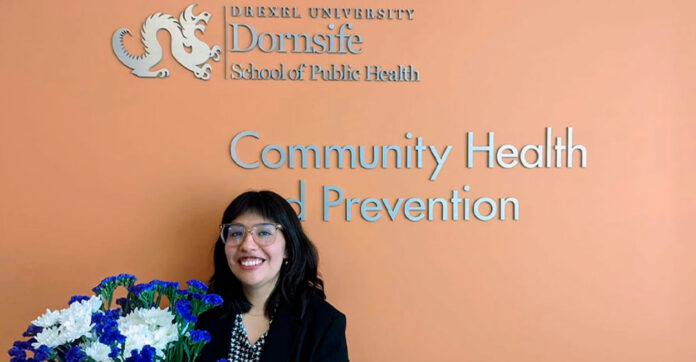
A study conducted by a group of researchers at Drexel University, the U.S.-Mexico Border Health Commission shows how children are harmed by immigration enforcement policy that targets their immigrant parents. The study, called Between the Lines, was funded by the National Institute of Minority Health and Health Disparities, and completed with input from providers, legal experts, and advocates across the country. The newest paper about the study was published this week in volume 9 of the Journal of Migration and Health.
The data for this study was collected from 2019 to 2020, during the Trump Administration. Under former President Trump, immigration enforcement activity (including arrests and removals by ICE) was more intense at the border and across the country. Research teams in the U.S. and in Mexico identified and recruited Latino families who were separated by deportation (including a parent who was deported), and families at risk for separation by deportation (with at least one parent who was undocumented at the time). Researchers gathered data from these families over six months using surveys and interviews. The purpose was to understand how the deportation of a parent can affect children’s health, children’s performance in school, the economic status of their family, and more.
Based on the analysis of the data, children who experienced the deportation of a parent reported worse health (including mental health symptoms like depression and behavior changes) and other issues such as poor housing quality, food insecurity, school absences and lower effort academically, compared to children who did not experience the deportation of their parent.
Dr. Jamile Tellez Lieberman, one of the co-authors of the newest paper published about Between the Lines, is Esperanza’s Senior VP of Community Engagement, Research and Health Equity and directs the Esperanza Institute for Latino Health Equity. She spoke with Dr. Ana Martinez-Donate, a professor at Drexel University, the primary investigator for Between the Lines and lead author of this paper.
When asked why this study is important, Dr. Martinez-Donate explained, “…there is limited research examining the negative impacts of parental deportation on immigrants’ US-born children. Data showing these effects can be used to persuade policy makers to change immigration policies and practices to be more humane to avoid these harms. The data can also be used in deportation trials to prevent parents of US-citizen children from being deported.”
Looking forward to the future, researchers for the Between the Lines project hope to be able to complete a larger study about parental deportation. The findings from this study can also be used to deliver programs and services to support children of immigrants at risk of deportation. Finally, this study can be helpful to push for family-friendly U.S. immigration reform that protects the health and well-being of children from immigrant families. The stories of these children and families are painful, but also powerful, and must be heard.
Dr. Martinez-Donate believes this study is also meaningful for the Latino community in Philadelphia, saying, “I think the community can find some comfort in knowing that there are many professionals and researchers in this city who care about them and that work hard to try to protect and promote their health and well-being in different ways, including doing research and generating data to promote more immigrant-friendly policies and programs.”






















